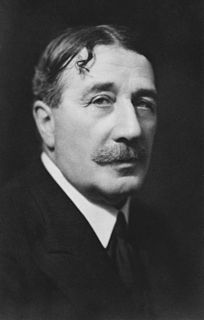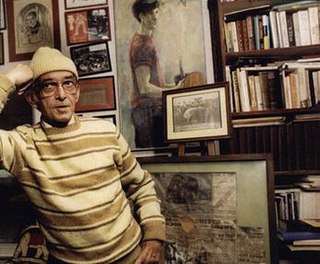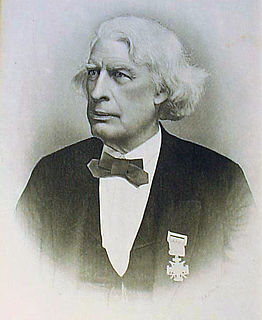A Quote by Emile Chartier
It is the human condition to question one god after another, one appearance after another, or better, one apparition after another, always pursuing the truth of the imagination, which is not the same as the truth of appearance.
Quote Topics
Related Quotes
The one Spirit of life is given different names, the sacred names. We more easily recognize the Spirit of life by the particular name to which we are accustomed. So far we are right, but the mistake we make, and it is to our loss, is to ignore or deny the same truth because it is given to us in another form and under another name. We limit it. We say the truth existed only in that period when certain teachers came to the world, and that after that it stopped.
Listening is a rare happening among human beings. You cannot listen to the word another is speaking if you are preoccupied with your appearance, or with impressing the other, or are trying to decide what you are going to say when the other stops talking, or are debating about whether what is being said is true or relevant or agreeable.
Such matters have their place, but only after listening to the word as the word is being uttered.
Listening is a primitive act of love in which a person gives himself to another’s word, making himself accessible and vulnerable to that word.
How this feels is I'm just another task in God's daily planner: The Renaissance pencilled in for right after the Dark Ages. The Information Age is scheduled immediately after the Industrial Revolution. Then the Post-Modern Era, then The Four Horsemen of the Apocalypse. Famine. Check. Pestilence. Check. War. Check. Death. Check. And between the big events, the earthquakes and tidal waves, God's got me squeezed in for a cameo appearance. Then maybe in thirty years, or maybe next year, God's daily planner has me finished.
There’s different ways to be impacted by truth. One is to read the scriptures. Another is to read other works by other people who have read the scriptures, non fiction for example. Another is to do studies. Another is to go to a place of worship. Another thing is to sit and listen to someone who’s speaking. There’s all kinds of ways. Another way is to write. About the truth. Discover the struggle through your character.
In fact, I always assumed that most everything I read was true, to one degree or another. I couldn't articulate this fact until after I read Tim O'Brien's The Things They Carried and he discussed Happening Truth, Story Truth, and Emotional Truth. I always understood that the facts of The Sun Also Rises or On the Road were the facts as dictated by a certain narrative structure, but because the experiences of those characters echoed my own feelings about the world. I knew there was a Happening Truth behind them.








































